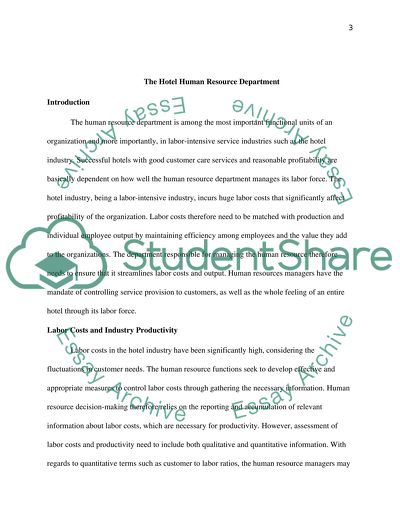Cite this document
(“The Hotel Human Resource Department Research Paper”, n.d.)
Retrieved from https://studentshare.org/tourism/1395816-hotel-human-resource-department
Retrieved from https://studentshare.org/tourism/1395816-hotel-human-resource-department
(The Hotel Human Resource Department Research Paper)
https://studentshare.org/tourism/1395816-hotel-human-resource-department.
https://studentshare.org/tourism/1395816-hotel-human-resource-department.
“The Hotel Human Resource Department Research Paper”, n.d. https://studentshare.org/tourism/1395816-hotel-human-resource-department.


